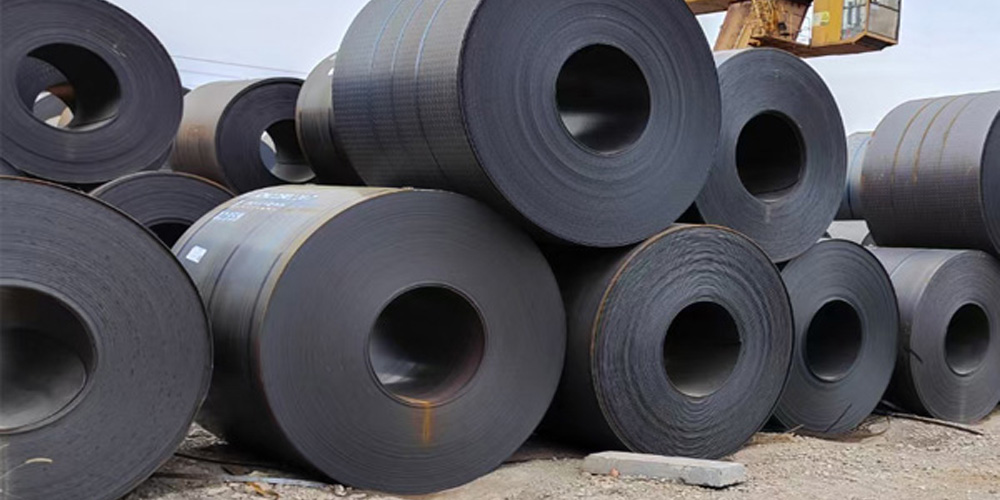According to the British “Financial Times” website reported on May 14, before the Russian-Ukrainian conflict, Mariupol’s Azov steel plant was a large exporter, and its steel was used in landmark buildings such as the Shard in London. Today, the massive industrial complex, which has been continuously bombed, is the last part of the city still in the hands of Ukrainian fighters.
However, steel production is much lower than in the past, and while some exports have recovered, there are also serious transport challenges, such as disruptions to port operations and a Russian missile attack on the country’s rail network.
The reduction in supply has been felt across Europe, the report said. Both Russia and Ukraine are the world’s major steel exporters. Before the war, the two countries together accounted for about 20 percent of the EU’s imports of finished steel, according to the Confederation of the European Steel Industry, an industry trade group.
Many European steelmakers rely on Ukraine for raw materials such as metallurgical coal and iron ore.
London-listed Ukrainian miner Fira Expo is a major iron ore exporter. Other manufacturing companies import the company’s flat steel billets, semi-finished flat steel and rebar used to strengthen concrete in construction projects.
The company typically exports about 50 percent of its production to the European Union and the United Kingdom, said Yuri Ryzhenkov, chief executive of Mite Investment Group. “This is a big problem, especially for countries like Italy and the UK. A lot of their semi-finished products come from Ukraine,” he said.
One of the largest steel processing companies in Europe and a long-term customer of Mite Investment Group, Italy’s Marcegalia, is one of the companies that has to compete for alternative supplies. On average, 60 to 70 percent of the company’s flat steel billets were originally imported from Ukraine.
“There is an almost panic (in the industry),” said the company’s chief executive, Antonio Marcegalia. “A lot of raw materials are hard to find.”
Despite initial supply concerns, Marcegalia has found alternative sources in Asia, Japan and Australia, and production has continued at all of its plants, the report said.
Post time: May-17-2022

